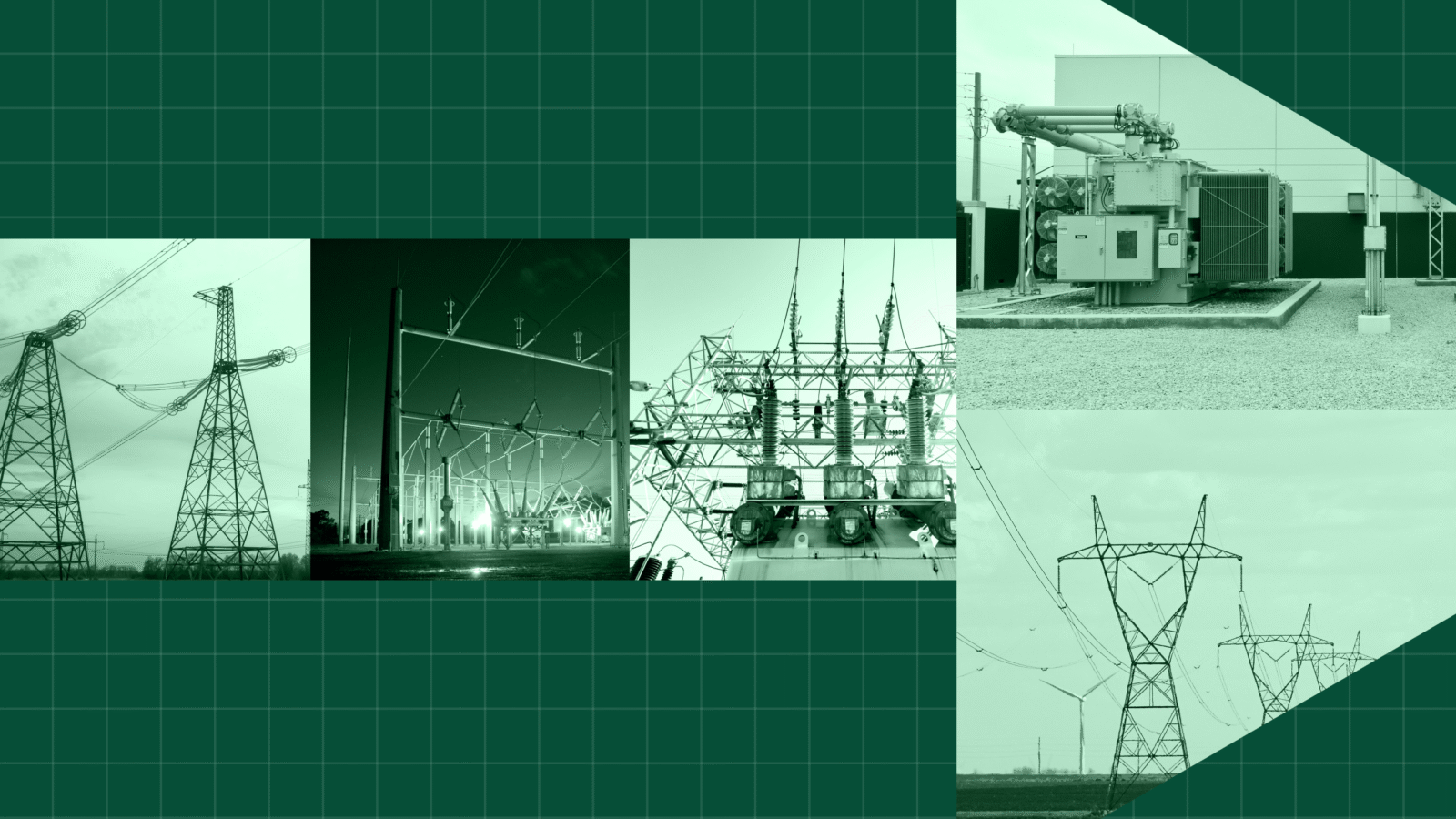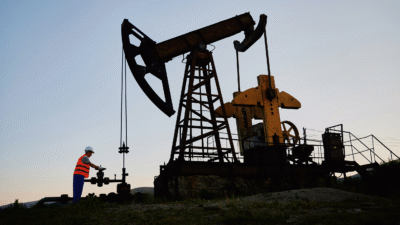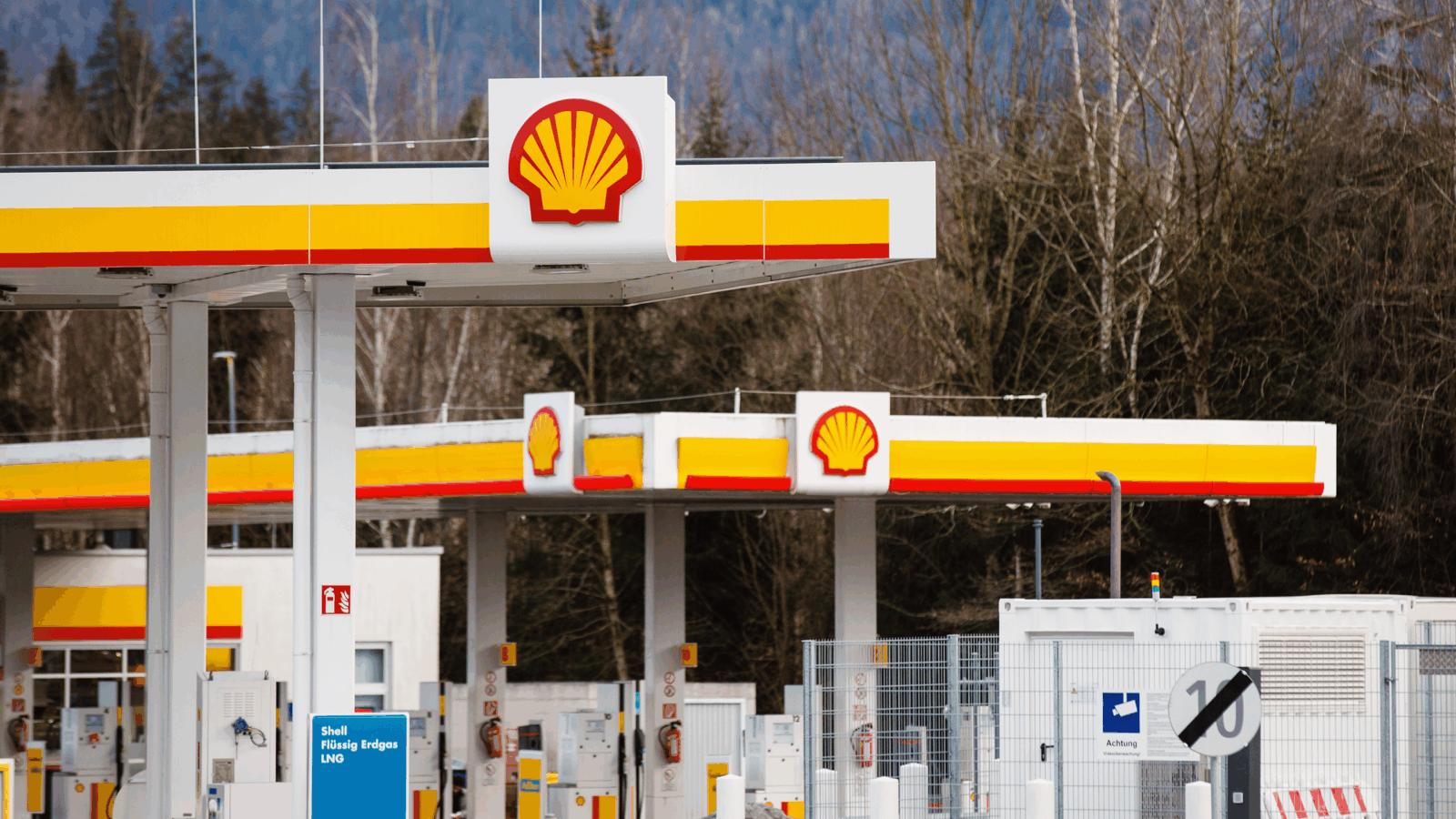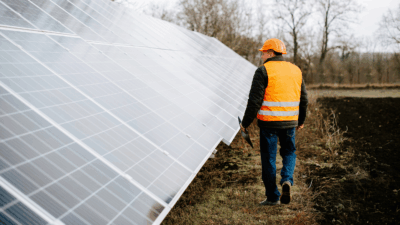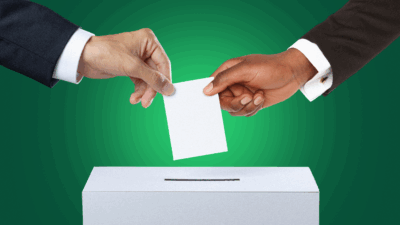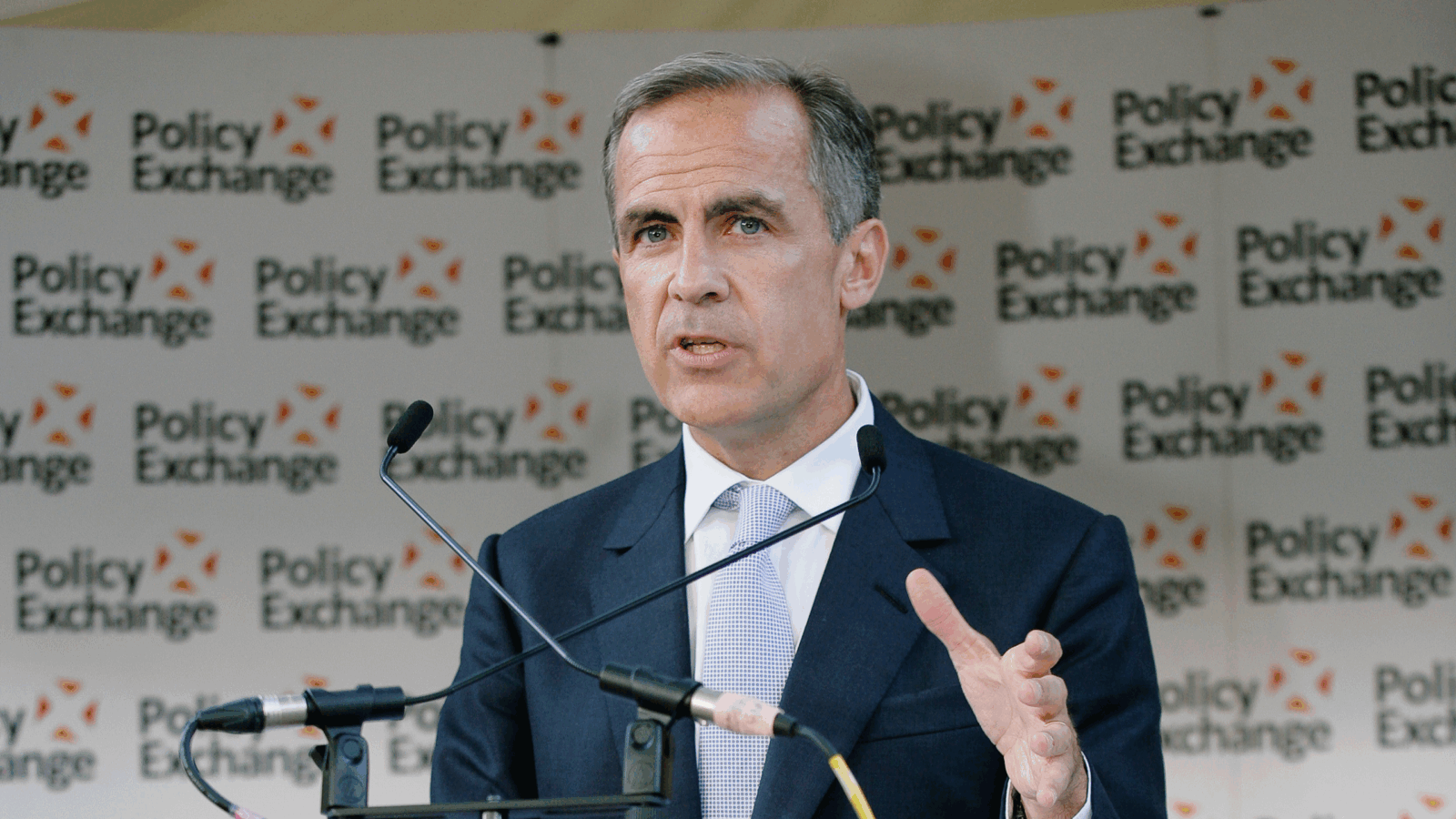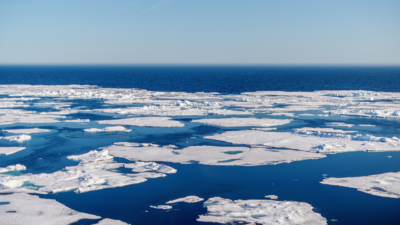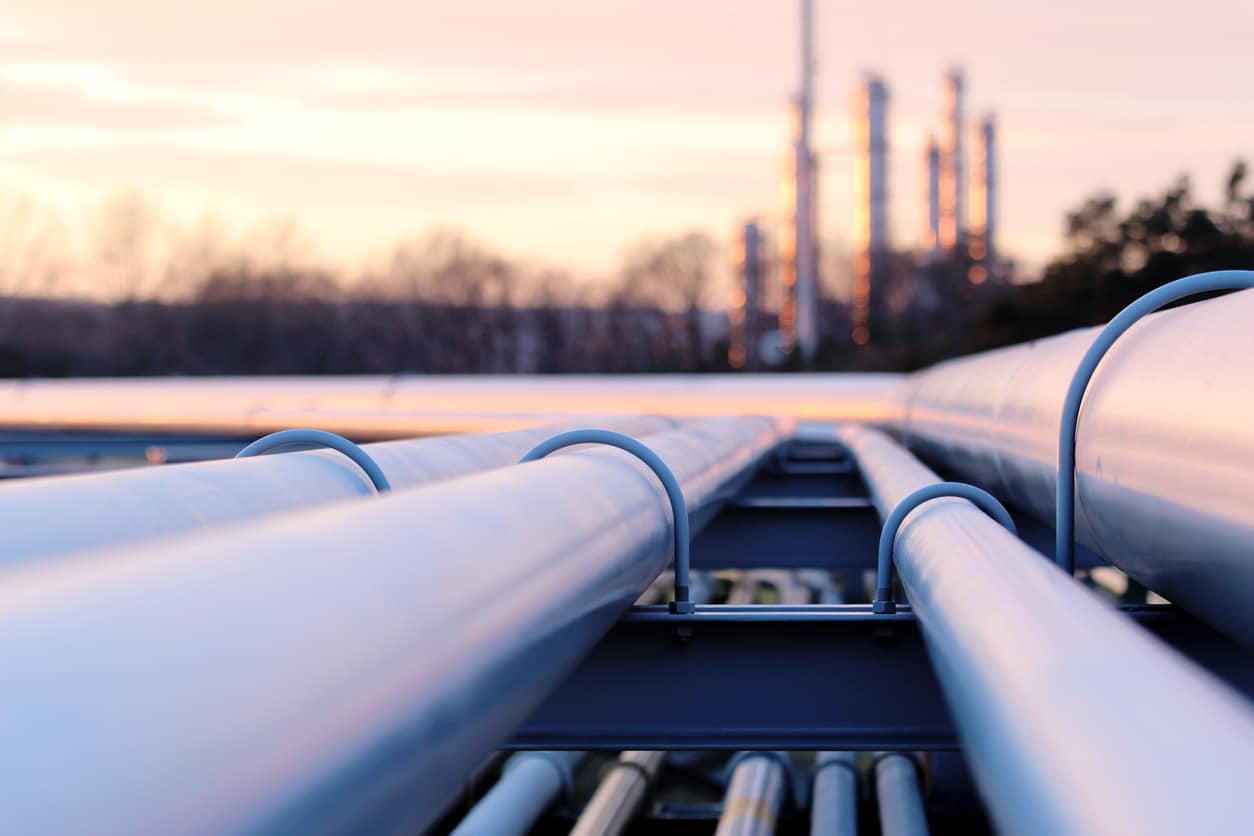
Sign up for smart news, insights, and analysis on the biggest financial stories of the day.
“We are in a gas crisis,” Robert Habeck, Germany’s economy minister, said Thursday. “From now on, gas is a scarce commodity.”
Those blunt words accompanied Berlin’s decision to activate the second stage of the country’s national gas emergency plan, a little over a week after Russia cut pipeline supplies to Europe’s largest economy by 60%. Things will not get easier from here.
Girding for Rationing
The second stage of Germany’s plan means the government believes there is “substantial deterioration in the gas supply situation,” but the situation still doesn’t warrant state intervention. Russian state-owned gas giant Gazprom decided to significantly reduce deliveries to Germany through the Nord Stream 1 pipeline last week, placing German supplies under sudden and extreme stress. Gazprom claims German conglomerate Siemens has delayed repairs of technical parts, which Hackeck dismisses as mere “pretext.”
The ugly standoff could get a lot worse. Earlier this week, International Energy Agency head Fatih Birol warned Europe to brace for Russia to end gas exports to the region this winter. Germany was already in a frenetic race against time:
- Germany’s gas storage facilities are at 58% capacity, but Habeck said if supplies remained this low the country will not meet its 90% target for December, introducing the real risk of supply shortages during the cold months. Dutch gas futures, Europe’s benchmark, rose to €133.35 per megawatt-hour, up more than 50% since Gazprom reduced gas flows.
- Energy suppliers have already been forced to buy gas on the spot market at higher prices to make up for the Nord Stream reduction. “If this minus gets so big that they can’t carry it anymore, the whole market is in danger of collapsing at some point,” Habeck said. “So a Lehman effect in the energy system.”
Germany relies on Russia for about a third of its energy supplies. Under the second stage of the emergency plan, the government could allow energy companies to pass on cost increases to households and businesses. Habeck is holding off for now. There are even greater fears that Gazprom may cut off supplies altogether when Nord Stream 1 is scheduled to be shut down for annual maintenance this summer — that could lead to stage three of Germany’s emergency plan, the last stage, which could include gas rationing.
Poison Pill: Germany, which plans to end its use of nuclear power by the end of the year, has already resorted to reopening coal plants to deal with the crisis. “That’s painful because coal power stations are just poison for the climate,” said Habeck, a member of the Green Party.
